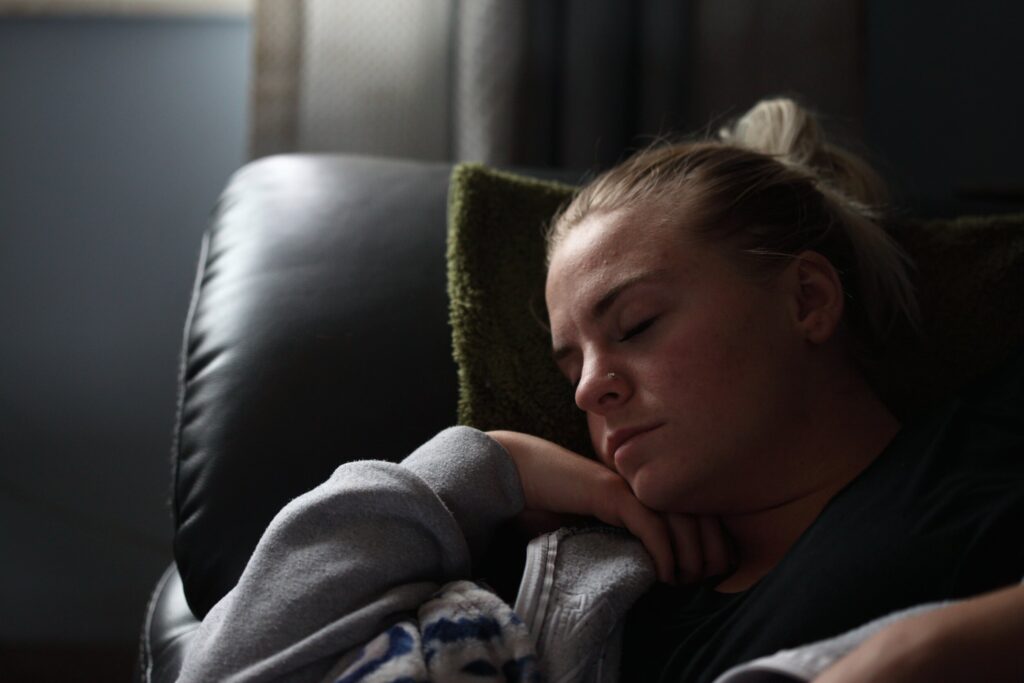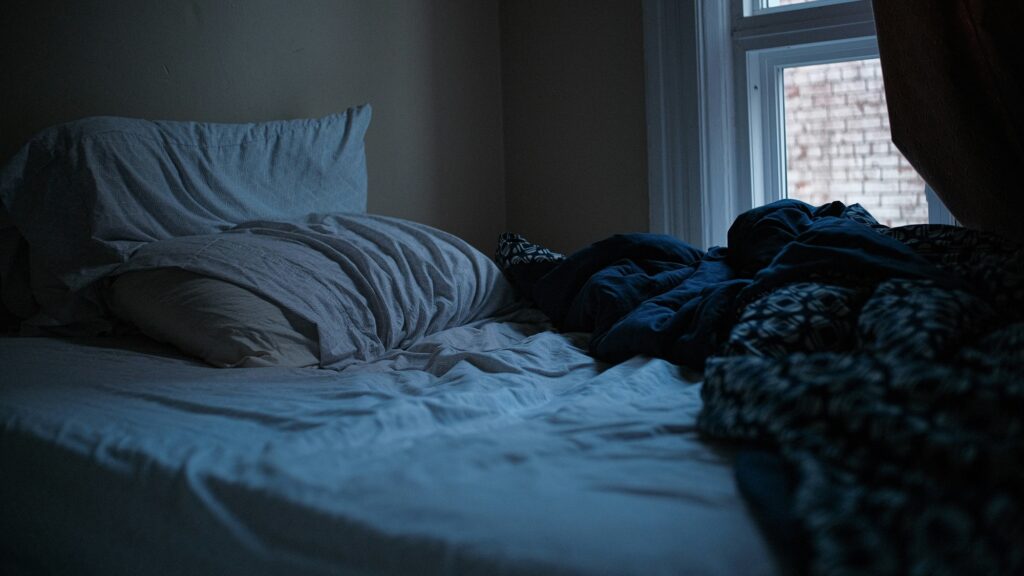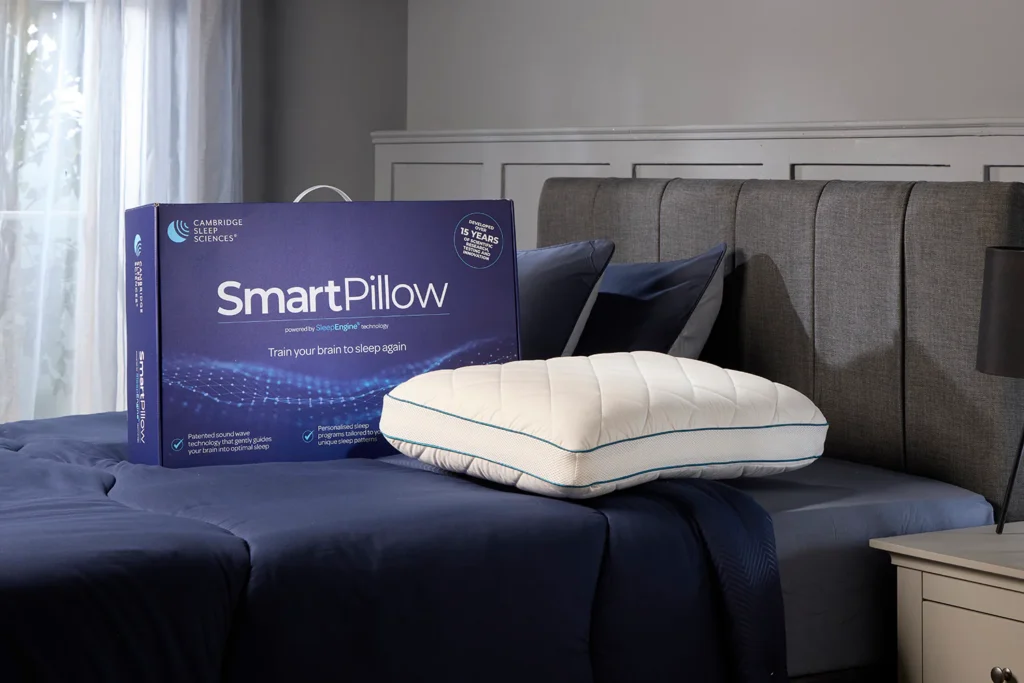Have you heard of the wild phenomena called “the afternoon naps”? Have you heard tales of people telling you it is the best part of their day? How they await that sweet siesta right after lunch? Then you’re definitely not alone! Napping is a cross-cultural phenomenon, and in our modern world, when life can get exhausting, napping is required more than ever to help us recharge and relax.
Read next: The power of naps explained
Making the time for a quick snooze offers us countless benefits, such as improving cognitive function, memory performance, creative thinking, as well as relieving stress and uplifting our mood. Napping gives us a chance to recover, repair, as well as reset. Now, let us take a look at the numerous benefits napping has to offer, as well as the importance of incorporating naps into your schedule.

Benefits of napping
Sleep experts have concluded that daytime naps can aid us in many things, such as improving heart function and reducing the risk of heart attack, increasing alertness, boosting creativity, enhanced perception, boosting stamina, reducing stress, improved memory function, as well as enhancing our sex life and brightening our mood. Let us delve into some of the most important benefits:
- Memory – Naps have been shown to aid the process of learning. In a study conducted by the University of Lubeck, volunteers were made to memorize illustrated cards to test their memory. After memorizing the cards, the groups were divided into two. One group was allowed to take a 40-minute nap, and the other group stayed awake. Subsequently, both groups were tested on their memory of the cards. The group who had napped, retained 85% of the information, while the group who stayed awake, only retained 60% of the information, illustrating that napping significantly aids in boosting our memory.
- Learning – Napping is beneficial in clearing information from our brain’s temporary storage units, making it easier to absorb new information better. A study conducted by the University of California tasked participants with conducting challenging tasks around midday, which required a lot of information intake. At around 2 pm, half of the volunteers were allowed to nap, while the other half stayed awake. At 6 pm in the evening, the same challenging tasks were put forth to the participants, out of which, the group who had napped performed significantly better. To add to this, the napping group performed better than they did, earlier in the morning.
- Anti-ageing – The simplest skincare routine one can undertake is as easy as lying down and taking a nap! Beauty sleep is no urban myth, and there’s a definite science to support it. While we sleep, our body is in the process of repair. During sleep, there is an increase in blood flow to the epidermis, which is the outer layer of our skin, which in turn, reduces wrinkles and age spots, repairs UV damage, as well as strengthening our collagen.
- Immunity – Napping boosts our immunity vastly. Napping during the day improves cellular function, thus improving the immune system. In a study conducted by The Journal of Clinical Endocrinology & Metabolism, 11 men were made to sleep for 2 hours one night. The next day, they were made to nap for 30 minutes during the day, followed by a full night’s rest. After testing their immune system subsequently, the naps helped reduce harmful inflammatory cytokines and norepinephrine, which are chemicals that control immunity.
- Stamina – Napping has a positive impact on physical performance and increased stamina. A study undertaken by the Journal of Sports Sciences conducted a series of sprints for 10 healthy, young men, before and after a 30-minute nap. Sprint times improved vastly post-nap, showing an increase in mental alertness, as well as physical performance.
- Cardiovascular Health – Naps have a positive effect on our cardiovascular health. A study conducted by Medical News Today revealed that people who napped at least 1-2 a week were 48% less likely to suffer from cardiovascular problems, such as heart attacks, stroke, heart failure, etc.

Wondering what is the perfect time to take a nap? And for how long?
- Napping between 1-3 pm in the afternoon, post-lunch hits the right spot.
- Taking a nap at around 1-3 pm also doesn’t affect our nightly sleep schedule. Anything before 1 pm and our body is not ready for more sleep, and anytime post 3 pm might make it harder for us to sleep at night.
Duration
- Jeff Rodgers DMD, a certified sleep expert with the American Board of Dental Sleep Medicine and the American Sleep and Breathing Academy says that for most people, the 20-30 minute ‘power nap’ is the sweet spot for boosting alertness and focus.
- 30 minutes after falling asleep for a nap ensures that we’re in the early stages of the sleep cycle and won’t feel groggy upon waking. Try a nap story on the Ultrahuman app to help you slip into a quick snooze and wake up refreshed.
- Nap-time and length are key factors in getting the right midday rest, but there are also other factors that help us optimize our naps better.
- The ideal sleep environment also plays a key role. It is advisable to set our nap environment to be quiet, stress-free with a cool temperature and minimal distractions.
- It also helps to make a habit out of napping. Napping at the same time every day, for the same length of time will help our body get accustomed to it, making it easier for us to get used to it and plugging it into our schedules.
So try and squeeze in a quick snooze into your schedules because naps are beneficial to the body and mind and make you more productive in your daily life.
References
- https://www.healthline.com/health/healthy-sleep/how-to-take-a-nap#takeaway
- https://www.sleepfoundation.org/sleep-hygiene/napping
- https://www.webmd.com/a-to-z-guides/ss/slideshow-health-benefits-of-napping
- https://www.verywellmind.com/power-napping-health-benefits-and-tips-stress-3144702
- https://www.verywellhealth.com/how-do-naps-affect-sleep-at-night-3014731







